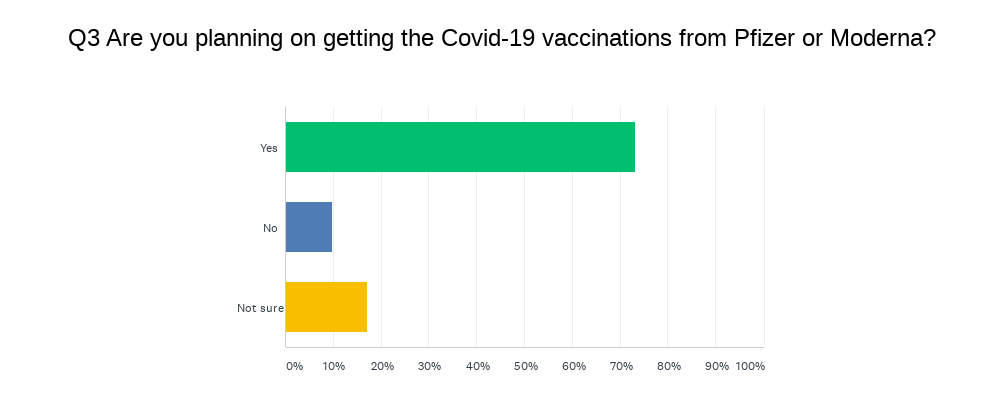A report in the Journal of the American Medical Association indicates that one in seven patients who experience a sudden onset of flashes of light or floaters in their line of vision a retinal tear or a retinal detachment.
A retinal tear occurs when the thin layer of light-sensitive tissue on the back wall of the eye begins to peel away from the supportive tissue. Retinal tears occur more often as people age. It can also be associated with those suffering from degenerative myopia (nearsightedness) or if a person has experienced an injury to an eye.
If left untreated, retinal tears can lead to retinal detachment with loss of vision.
A dilated retinal exam performed by a licensed ophthalmologist or optometrist is required if you have flashes (photopsias) or a new onset or increasing number of floaters. Diagnosis and treatment of a retinal tear can prevent it from becoming a retinal detachment. Approximately 50% of eyes that have a retinal tear develop a retinal detachment without treatment.
While many people experience floaters, it is the sudden onset of seeing flashing lights that has the highest likelihood of indicating a retinal tear.














